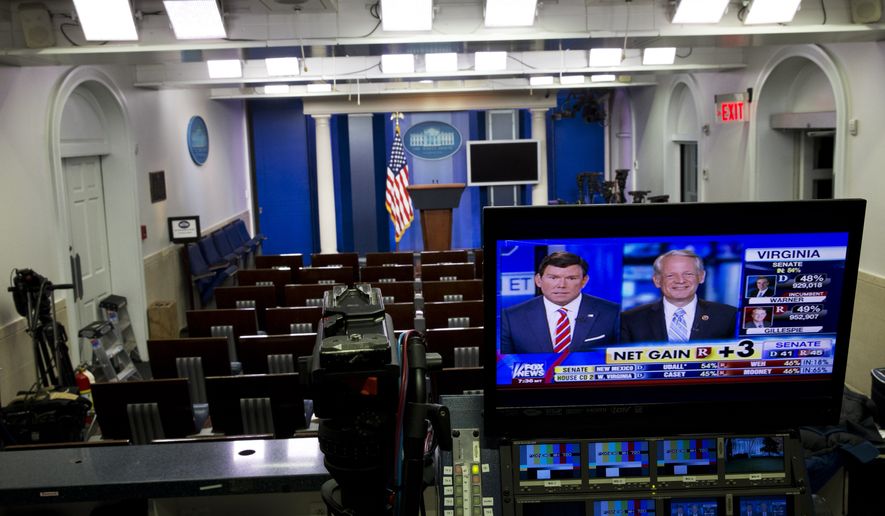The nonprofit government watchdog Judicial Watch announced Friday that it filed a Freedom of Information Act request against the Federal Communications Commission to find out why the agency wanted so badly to peer into U.S. newsrooms and see how editorial decisions are made.
The FCC sparked widespread outrage with its “Multi-Market Study of Critical Information Needs,” a May 2013 proposal to “ascertain the process by which stories are selected,” the agency said.
Among the issues the FCC wanted to discern: The general news philosophy of the station, the decision makers for story selection, and the demographics of news management and production staffers.
House Energy and Commerce Committee Chairman Fred Upton called the FCC study a thinly veiled attempt to “control the political speech of journalists,” Judicial Watch noted on a press release. The National Association of Broadcasters, meanwhile, called it “constitutionally questionable.” The FCC ultimately dropped its study plans.
But the American people are still largely unaware of the FCC’s true intentions with the study, said Judicial Watch President Tom Fitton. So his group sought information from the agency under FOIA, and when ignored, filed a suit in the U.S. District Court for the District of Columbia to obtain “any and all records” related to the critical information needs study.
“Once again, we see the heavy hand of the Obama administration hovering over the First Amendment’s freedom of the press,” Mr. Fitton said in the release. “It’s little wonder that Reporters Without Borders’ recent survey of world press freedom ranked the United States 46th, below even that of Botswana and Romania — and only one position above Haiti.”
Mr. Fitton also said that while the FCC said the study has been killed, Judicial Watch has its doubts.
“We are skeptical — especially since we now have had to sue in federal court to get information about this issue,” he said. “The FCC, which is charged with making sure regulated media companies obey the law, refuses to obey the Freedom of Information Act and tell the American people why it wanted to interrogate newsmen and monitor the blogs of everyday citizens.”
• Cheryl K. Chumley can be reached at cchumley@washingtontimes.com.




Please read our comment policy before commenting.